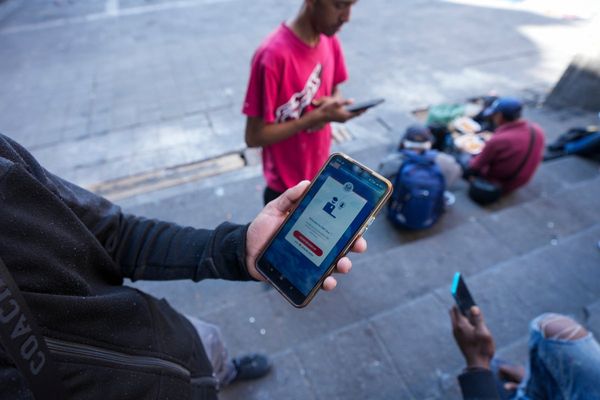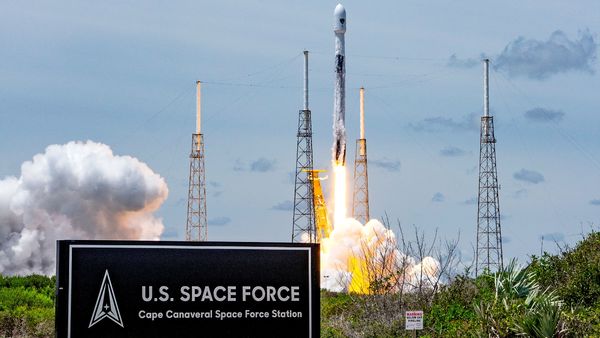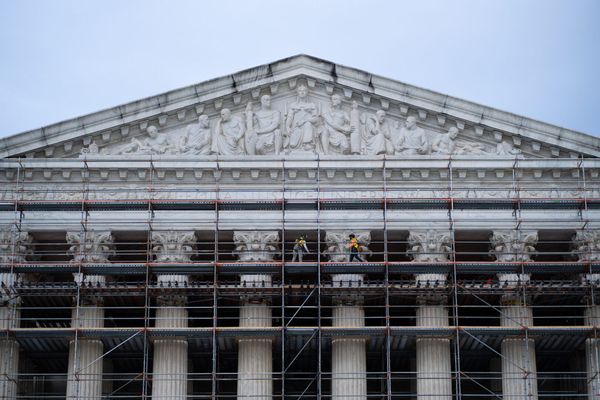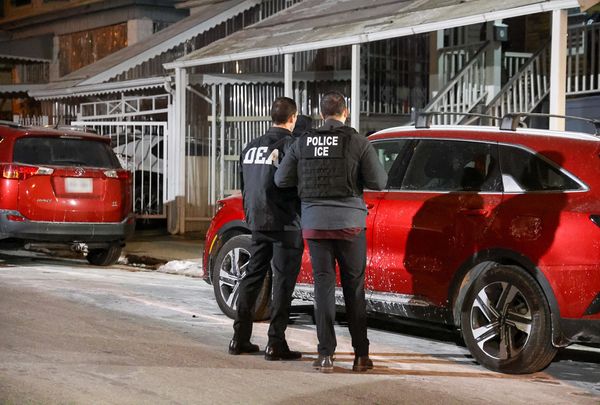
Some customers at Tesco have been asking cashiers to stop scanning their groceries when they reach just £40, in fear of overspending during the cost-of-living crisis, the supermarket’s chairman said.
John Allan said that “real food poverty for the first time in a generation” has come into force in the UK, and that this has resulted in shoppers rationing the amount of food they buy.
In speaking to BBC Radio 4’s Today programme, he said: “I was hearing for the first time for many years of customers saying to checkout staff: ‘stop when you get to £40’, or something.
“They don’t want to spend a penny over that, as opposed to having everything checked out.”
Responses to Tesco’s customer surveys show that rising inflation was the main worry for most people, and some customers were having to resort to using a food bank for the first time – he added.
The chairman of the housebuilder Barratt, and former president of the CBI lobby group, also called for a “short-term” windfall tax on energy companies to help those struggling to pay their gas and electricity bills.
Last month, households saw charges on their bills spike after Ofgem increased the energy price cap by 54 per cent.
Chancellor Rishi Sunak has gone back on previous remarks by hinting that a windfall tax on energy companies could be on the cards if the firms do not properly reinvest their profits.
The prime minister, Boris Johnson, has argued against such a tax, saying it would discourage companies making from the long-term investments they would need to make to lower energy prices.
Asked whether a windfall tax would deter energy companies from investing in energy infrastructure, including renewable energies, Mr Allan said there is an “overwhelming case” for one to fund aid for “those most in need of help with energy prices”.
He said: “[The companies] are expecting it [a tax] and they wouldn’t be much fazed by it. It should be short-term only.”
On the subject of national insurance hikes, he criticised Mr Sunak for raising the rates at “absolutely the wrong time” as the change was introduced when household budgets are already stretched.
Mr Allan said: “If I’d been the chancellor, I wouldn’t have done it. It’s hitting people on modest incomes disproportionately and it’s absolutely the wrong time to do it. If I were in government, I’d roll that back.”







